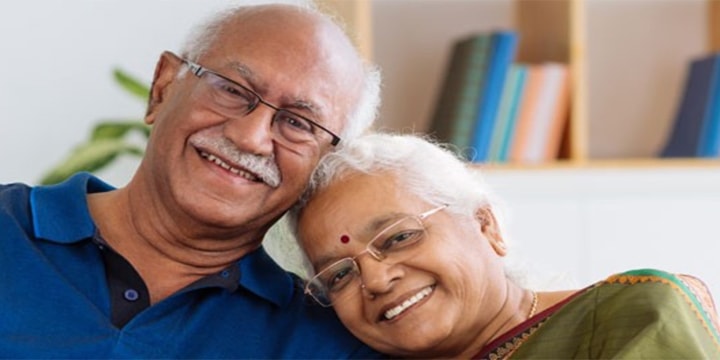14 May
0
There are various factors that contribute to this change in housing need with age and retirement.
-
- Physical factor
- Economic factor
- Loss of a spouse
- Location of family
- Location of the house
- Physical factor: With age and retirement come physical changes in the body. The ability to move around decreases with advancing age. A problem with balance develops due to which old people often have falls. Failing eyesight makes them more accident-prone. Infirmity and loss of mobility influence the choice in housing post-retirement or in old age. Living in a large house becomes more a burden in old age than a source of happiness. Older people don’t have the strength or energy to clean and/or maintain large houses. It becomes increasingly difficult to climb stairs due to knee and joint pain and breathing difficulty. People with hearing difficulty may feel insecure in a large house because they will not be able to hear intruders or even other members of the family if they call their names.
-
-
- Economic factor: With age and retirement a person’s regular income is affected. After retirement most people become pensioners. The amount of income also decreases. With less capital, owning a large home becomes untenable. Maintenance costs and cost of repairs and electricity increase with time. After retirement, people can no longer afford these costs. Even if the older adult receives financial support from children or other members of the family, it is not enough to keep a big house going. Some of them prefer to move in with children to save cost but this often gives rise to a kind of dependence that is not desirable.
-
-
-
- Loss of a spouse: The biggest loss in an older adult’s life is the loss of a spouse or a life partner. It brings with it an emotional void and the physical absence of the other half. Dealing with both is not easy especially when someone’s physical and cognitive abilities are on the decline. Some older adults prefer to move away from their old home because it is too painful for them to keep living in the same house where they used to live with their spouse, but now without them. Some, of course, prefer to stay on in the old house because they want to hold on to the memories of happier times. Whatever may be the case, it is almost always impractical for one person to stay on in a house which was big enough for two. If nothing else, the cost of maintenance alone makes it an untenable situation.
-
-
-
- Location of family: Some older adults choose to live closer to their children or immediate family. This is beneficial in the sense that there are people at hand who can help in an emergency. They can also pay social visits without having to travel too far.
-
-
-
- Location of the house: The other consideration when choosing appropriate housing for an older adult should be accessibility. How far the house is from the city is a big factor. It should be well connected with lots of different modes of transport. Older adults often don’t drive. Shops and pharmacies should be within walking distance.
-
To be happily retired, follow the things to do after retirement. You can choose your own retirement life and plan accordingly.
For further details, visit us at www.tribecacare.com
E-mail us at:enquiry@newwpsite.tribecacare.com or call us on +91 33 402 777 77 / +91 8017770323

